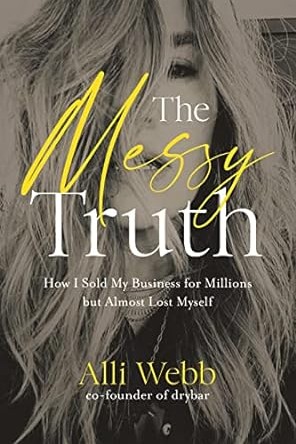Drybar Founder Alli Webb On the "Messy Truth" About Marriage and Entrepreneurship
Can a successful career and marriage coexist? The serial entrepreneur says this one habit could have saved her relationship.
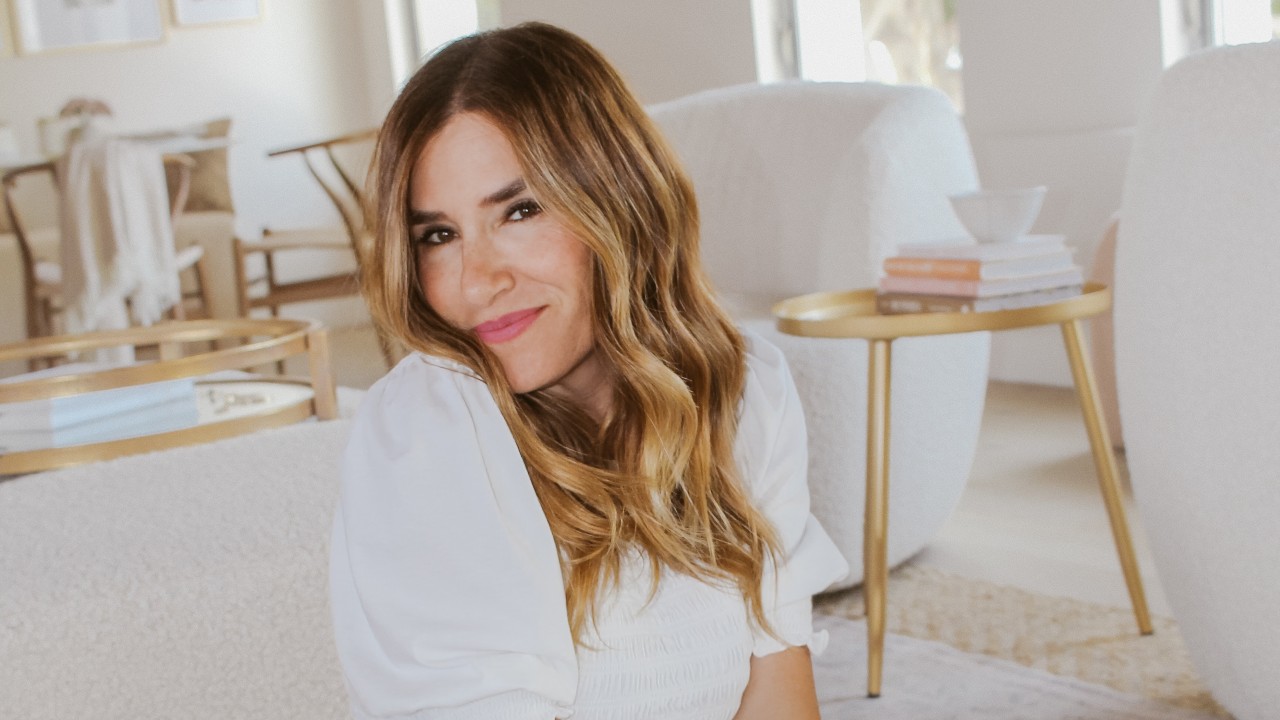
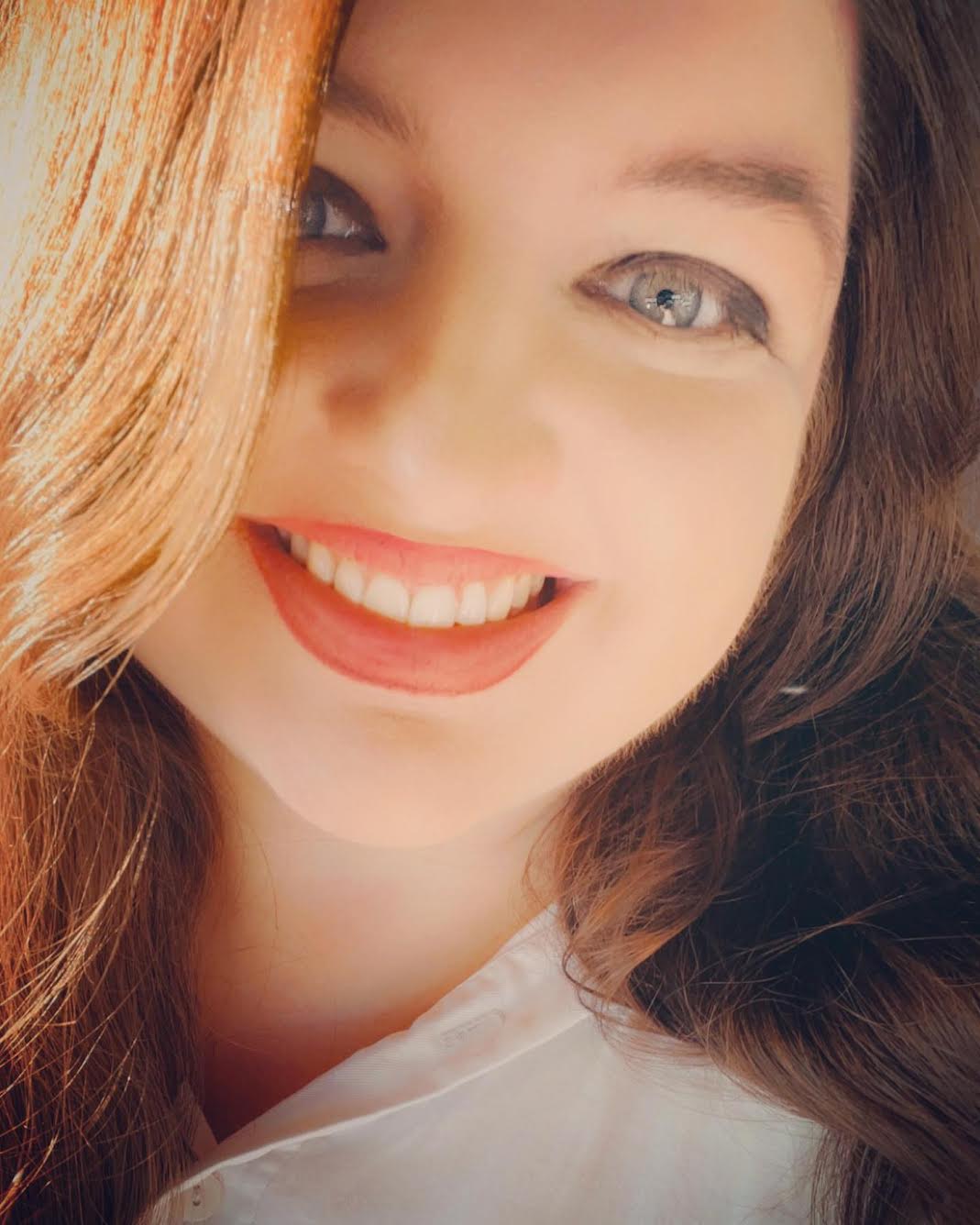
Alli Webb built a fortune helping women achieve a polished look. Drybar specializes in blowouts to help customers look like they have it all together, but behind the scenes, Webb’s personal world was falling apart.
At her rock bottom, Webb’s marriage of 16 years to business partner Cameron Webb was ending, and relations between them were strained. (They’re friends now.) Her son, then 16 years old, was headed to rehab. Her role in Drybar, which she founded in 2010, was changing. “All of that shit [was] happening at the same time,” she said. “It was such a pressure cooker, and I snapped. I was so sad and lost.”
To regain her footing, Webb embarked on a self-help journey and immersed herself into books and resources. She went to therapy three times a week. She started meditating. “You name it, I’ve done it,” she said. “I did the work.”

Photo by Taleah Meshaé
Webb sold Drybar in 2019 for $255 million; cofounded both Squeeze, a massage concept, and jewelry brand Becket + Quill in 2021; became president of clean humidifier brand Canopy in 2022; and recently cofounded The Blueprint Mastermind, where she mentors burgeoning female entrepreneurs. She also found love again in executive life coach Adrian Koehler, who she married last year.
But, as Webb put it, she still had “a lot more work to do.” When she met and married Koehler, she said she focused on him so much—and lost herself again in the process. Webb and Koehler are now divorcing after less than two years of marriage, which Webb addresses in her new book, The Messy Truth: How I Sold My Business for Millions but Almost Lost Myself. “I think what’s fascinating is how there’s times we feel like we have it all in sync, then it feels like the floor drops out from under us,” she said. “We’re like, ‘Whoa! I didn’t see that coming.’”
Marie Claire dug into some of what Webb has learned on her personal and professional journey—one she is committed to sharing, even the messy parts.
The beauty of a breakdown is that you get to learn from it and get to keep learning and growing.
Marie Claire: You ask the question in the book—while you were still married to your first husband—“Who would I be if I wasn’t married anymore?” Being a wife was that much a part of your identity. Why do so many of us, including those who work full time, lose sight of our identities in trying to fulfill our familial roles?
Stay In The Know
Get exclusive access to fashion and beauty trends, hot-off-the-press celebrity news, and more.
Alli Webb: I’d like to think, at the core of it, is a deep desire to be loved. That’s the best answer I can come up with. I’m 48 years old. I’m going through my second divorce…You always have to stay in the work of self-awareness and regulating yourself and being uncomfortable. I think it ebbs and flows, and we lose ourselves and we find ourselves, and we lose ourselves and we find ourselves. That’s certainly been my experience.
MC: You write in the book that a booming business and a happy marriage can’t coexist. Do you still stand by that statement?
AW: I know I said that, but I’d like to believe I’m wrong. In my experience, it wasn’t the right marriage, and I clearly don’t know how to do that part yet. As I unpeel this onion of my life, it’s the whole thing of getting lost again. I got so lost in the day-to-day of building this business, and I was so single-focused on that and my kids—so the marriage kind of fell apart. I don’t know if the marriage was ever going to work, though, in the long run; it was always “We shouldn’t have gotten married.” I hate to say that, because so many beautiful things came out of the marriage, but from a perspective of long-lasting love, it just wasn’t going to be.
MC: I think a relationship can be beautiful, but still, ultimately, not be right for you.
AW: Exactly. If I could have been in charge of choreographing my life, I would not be in this place. I didn’t want to be divorced once, and I certainly did not want to be divorced twice. A lot of that, for me, comes down to spirituality…You keep learning from your mistakes that you make, you keep showing up and keep going and keep trying to be the best version of ourselves. The beauty of a breakdown is that you get to learn from it and get to keep learning and growing and figuring out what you’ve done previously that didn’t work.
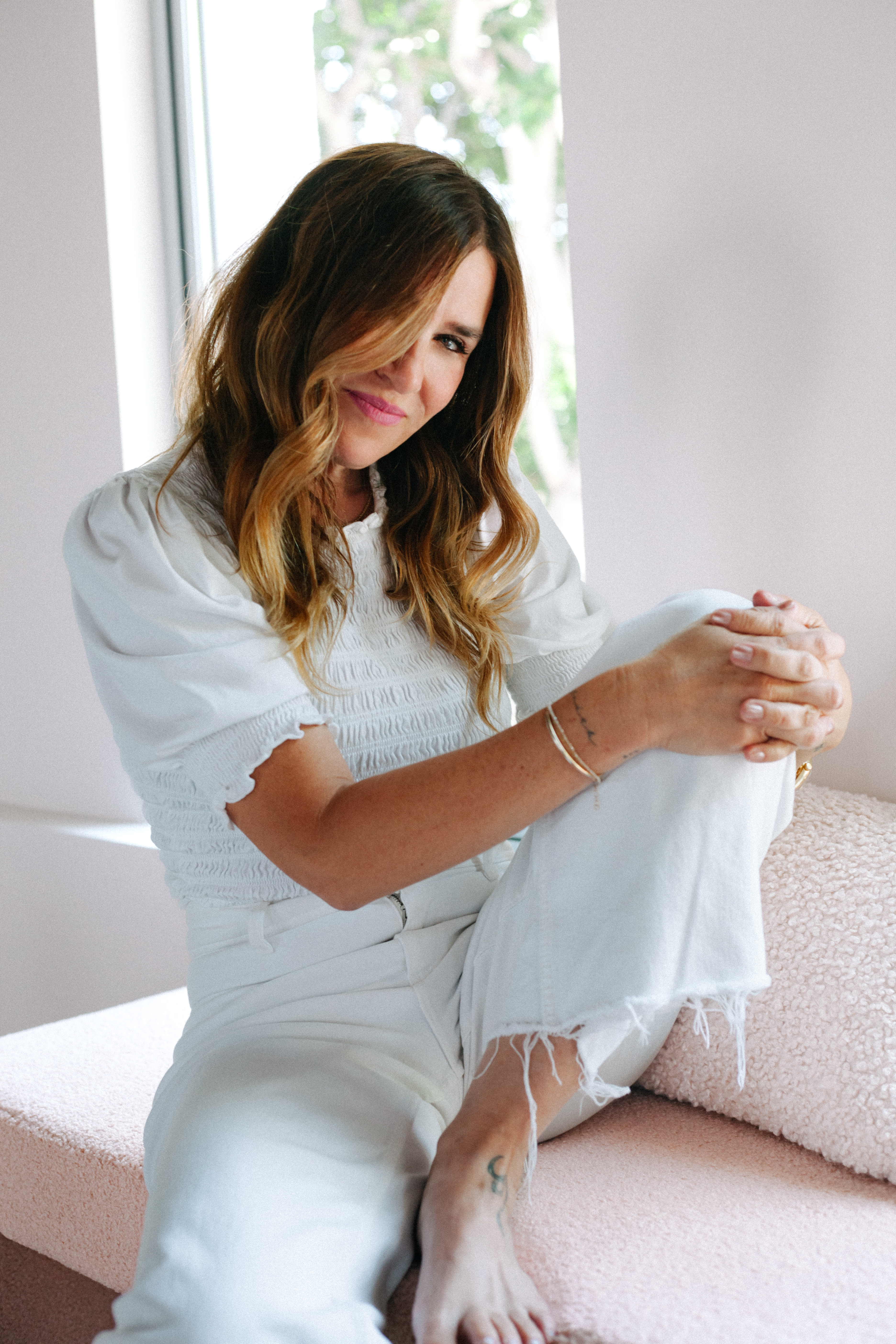
Photo by Taleah Meshaé
MC: Do you think it’s ever a good idea to go into business with a romantic partner?
AW: I think it can be. It wasn’t in my case. You have to have strong boundaries in place and not always be talking about the business. My parents also had their business together, and that didn’t work either. They were constantly talking about the business, and everything was about the business. One of the things I think is so important in a relationship, especially a marriage or a long-term relationship, is that you keep dating that person. You keep courting that person. I think when you’re seeing each other constantly or you’re talking constantly, even if it’s about the business, you don’t have a lot to bring to the table separately, and I think that can be why working together can be challenging. I don’t believe it can’t be done, I just haven’t figured it out.
MC: Why should we never settle for, as you put it in the book, “mostly happy”?
AW: Why, when there’s so much more out there? It hit me like a ton of bricks, and I was like “I’ve got to get out of this marriage. There’s got to be more.” There’s been a lot of pain on the other side of that, but I wouldn’t trade it because it has gotten me to this place I really needed to get to. We’re scared, and fear is the root of everything, right? We say “it’s good enough” or “he loves me enough”—but there’s so much more out there, you just haven’t found it yet…The risk and the fear of “If I leave this person, I might end up alone”—wouldn’t alone be better than being with the person that’s not the right person?
MC: I feel like the first step is always the hardest step to take.
AW: 100 percent, it’s the hardest. Something has to push you to that point. It took me a very long time—I stayed in my marriage for 16 years…It happens to different people at different times in their life…[When] I got that tap of “This isn’t going to work. Your life is halfway over. What the fuck are you doing?” I chose myself. I needed to do what was right for me, and I wanted to show my kids what love could look like and not what it did look like with me and their dad.
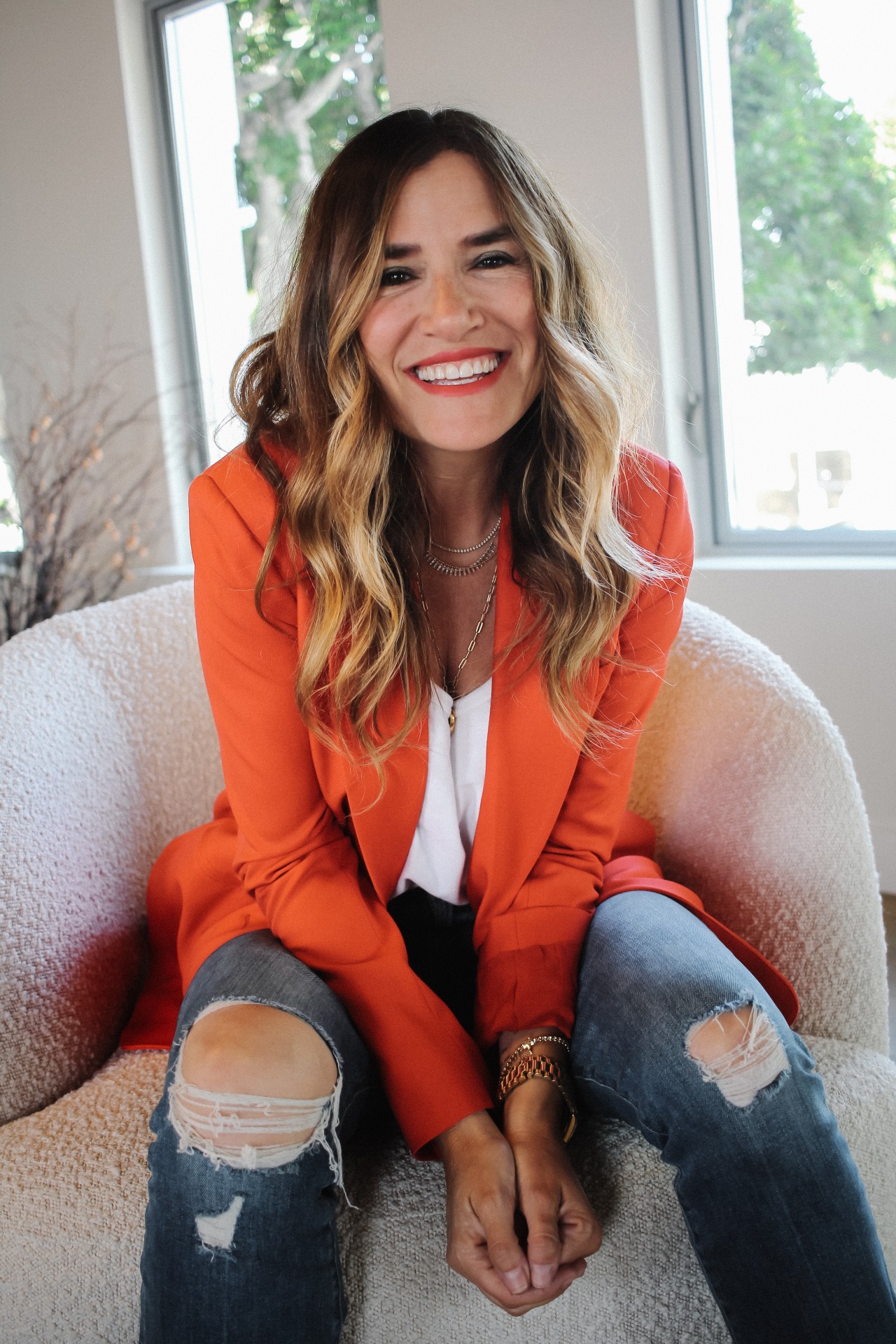
Photo by Taleah Meshaé
MC: I can only imagine that it is difficult to start a relationship from scratch as a successful female entrepreneur. Why is it so challenging? Is it because so many wrong men are intimidated by a powerful woman?
AW: It is a little difficult because men can so easily feel emasculated. I think a lot of men struggle with it. I’m very strong, and we are equal parts masculine and feminine as humans, men and women. For me, I largely live in the masculine because I run a business. I still run a business even though I’m not running Drybar; I have my own brand and my things I’m doing.
And I am starting to date again. I’ve found I have to let the masculine side of me go a little bit and come into my feminine when I’m with a man—and I do need to be with a strong man who can not be intimidated by my success. It’s largely about me softening up, too.
MC: That’s interesting, because your professional life really requires you to lean into your masculine energy, while, as you say, you prefer to lean into your feminine energy in your personal life. That’s a complex push and pull.
AW: It is so tricky. I’m still trying to figure it out. It’s a combination of being with the right person who really understands you and helps bring that out of you and having enough self-awareness to recognize that in the moment.
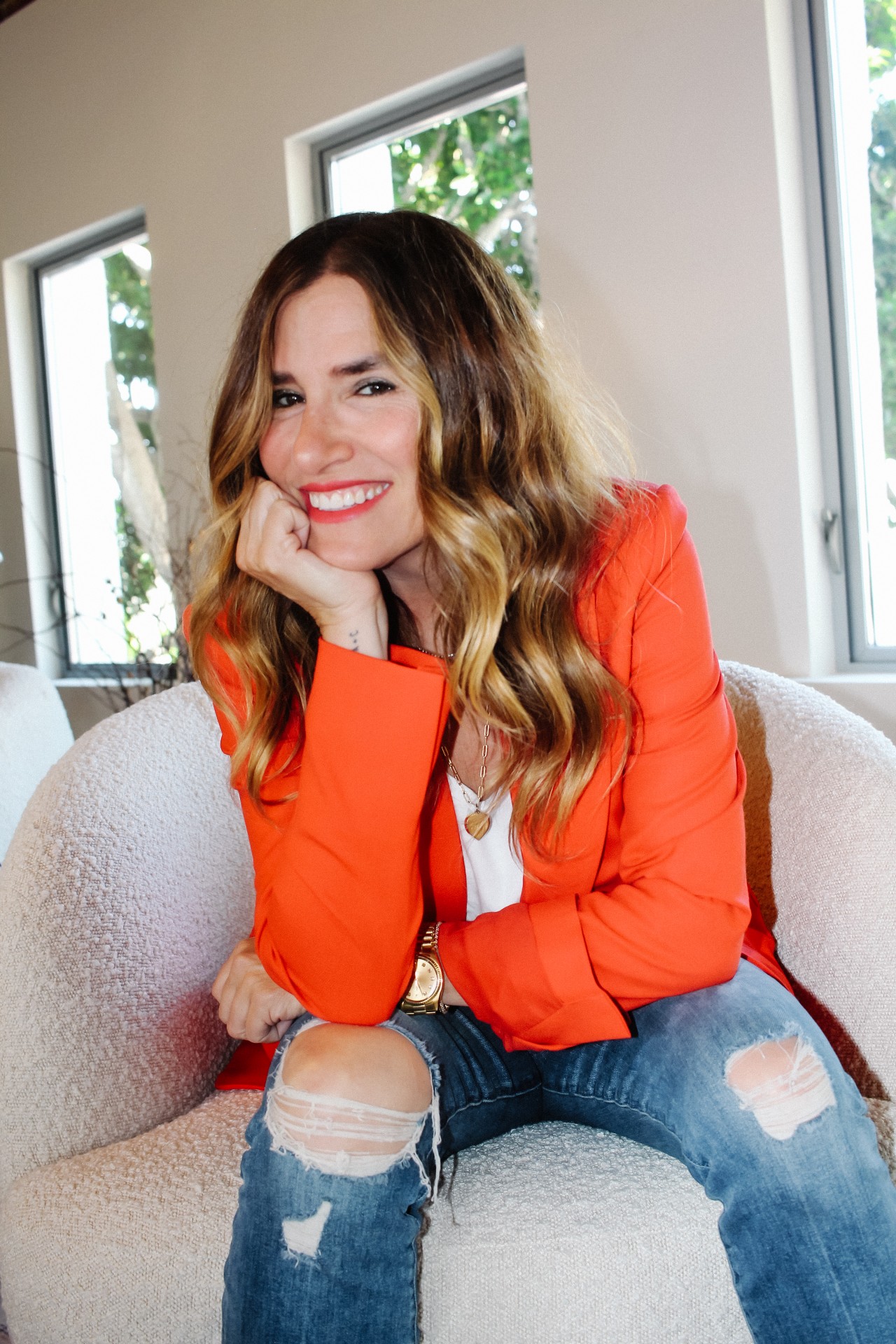
Photo by Taleah Meshaé
MC: Does “doing the work” on yourself make you a better entrepreneur?
AW: 100 percent. I’m still very close to a lot of people who worked for me at Drybar, and they’ve seen all these different life changes happen for me, and they’re like, “You’re so different now than you used to be. You’re so much softer.” I’m learning not to be so knee jerk, reactive and passive aggressive, which are my defaults that I’m working really hard to avoid. We are who we are, whether we’re talking about what we’re doing in our job or in our personal relationships—we’re this person. I think the way we show up on this side is the way we show up on that side. It all matters.
MC: Circling back to your book’s title, what is the messy truth?
AW: It’s a much more natural, expected thing to put a business book out about how we grew Drybar, which is such a beloved brand. But I couldn’t put this out without being my personal story. I realized how much my story—the undercurrent of my story, not the glamorized stuff you see—was really resonating with women. I hear from men, too, who are going through a divorce. The reason Drybar is as successful as it is because of the support of so many amazing women across the country. So many of those same women reached out and said, “I’m going through a divorce too, my kid is going through this too. And you talking about it openly and honestly has really helped me because I look at someone like you and I can be like ‘Oh, she’s struggling with that, so I don’t feel as bad because I’m struggling with that.’” What a gift to be able to do that on a wider scale by putting the book out and showing the incredible path and journey that Drybar was—but it was also really messy. Life is really messy, and that’s okay.
This interview was edited and condensed for clarity.

Rachel Burchfield is a writer, editor, and podcaster whose primary interests are fashion and beauty, society and culture, and, most especially, the British Royal Family and other royal families around the world. She serves as Marie Claire’s Senior Celebrity and Royals Editor and has also contributed to publications like Allure, Cosmopolitan, Elle, Glamour, Harper’s Bazaar, InStyle, People, Vanity Fair, Vogue, and W, among others. Before taking on her current role with Marie Claire, Rachel served as its Weekend Editor and later Royals Editor. She is the cohost of Podcast Royal, a show that was named a top five royal podcast by The New York Times. A voracious reader and lover of books, Rachel also hosts I’d Rather Be Reading, which spotlights the best current nonfiction books hitting the market and interviews the authors of them. Rachel frequently appears as a media commentator, and she or her work has appeared on outlets like NBC’s Today Show, ABC’s Good Morning America, CNN, and more.
-
 Tyla's Coachella Outfit Pairs Dolce & Gabbana With Pandora
Tyla's Coachella Outfit Pairs Dolce & Gabbana With PandoraThe singer wore a gold version of the crystal bra made famous by Aaliyah.
By Amy Mackelden Published
-
 How Kate Middleton Is Influencing George's Fashion Choices
How Kate Middleton Is Influencing George's Fashion ChoicesThe future king's smart blazer is straight out of Princess Kate's style playbook.
By Amy Mackelden Published
-
 King Charles "Couldn't" Meet Prince Harry During U.K. Visit
King Charles "Couldn't" Meet Prince Harry During U.K. Visit"It could actually bring down a court case."
By Amy Mackelden Published
-
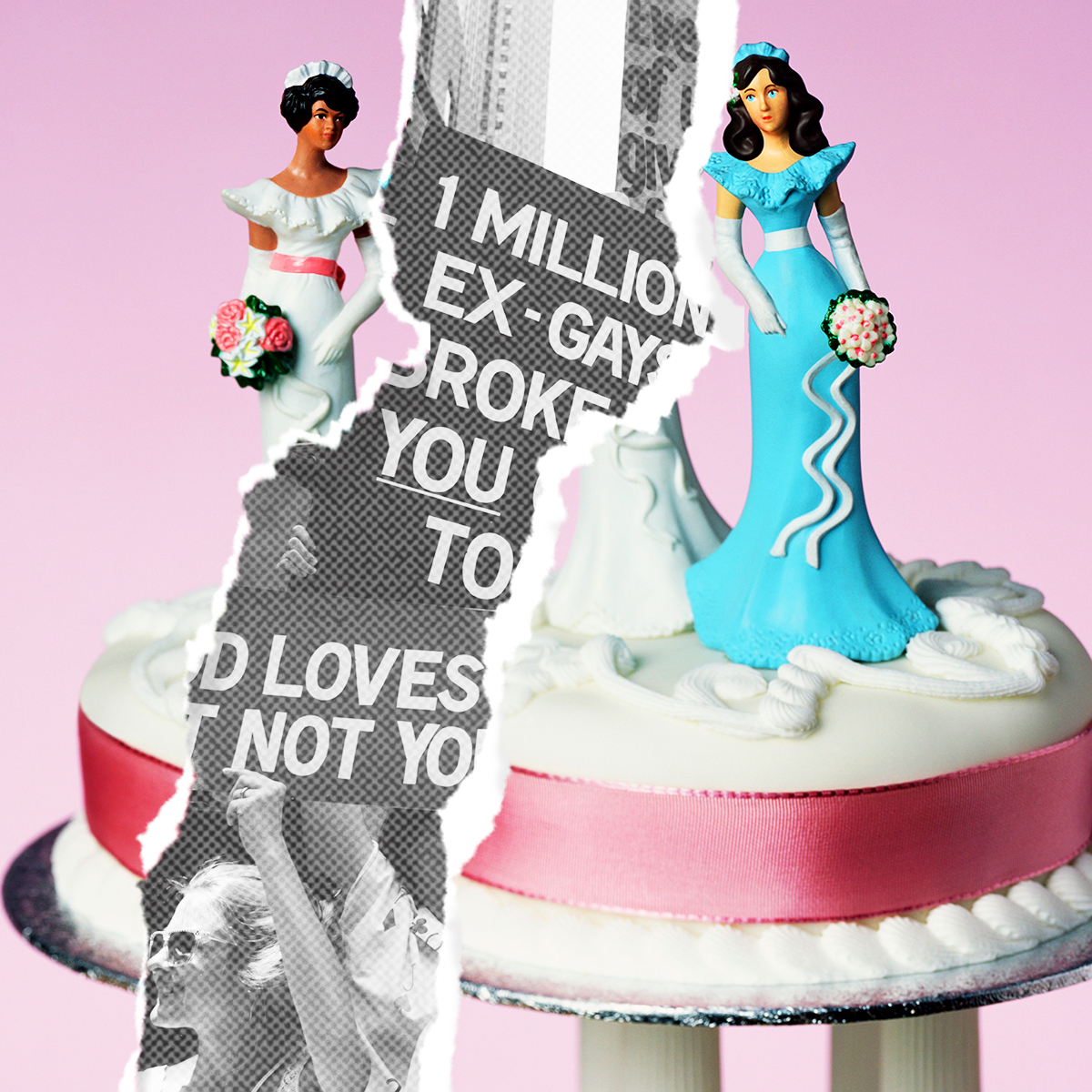 The Weaponization of Weddings
The Weaponization of WeddingsIt's time for the entire wedding industry to stand up for marriage equality, writes Zola's Shan-Lyn Ma.
By Shan-lyn Ma Published
-
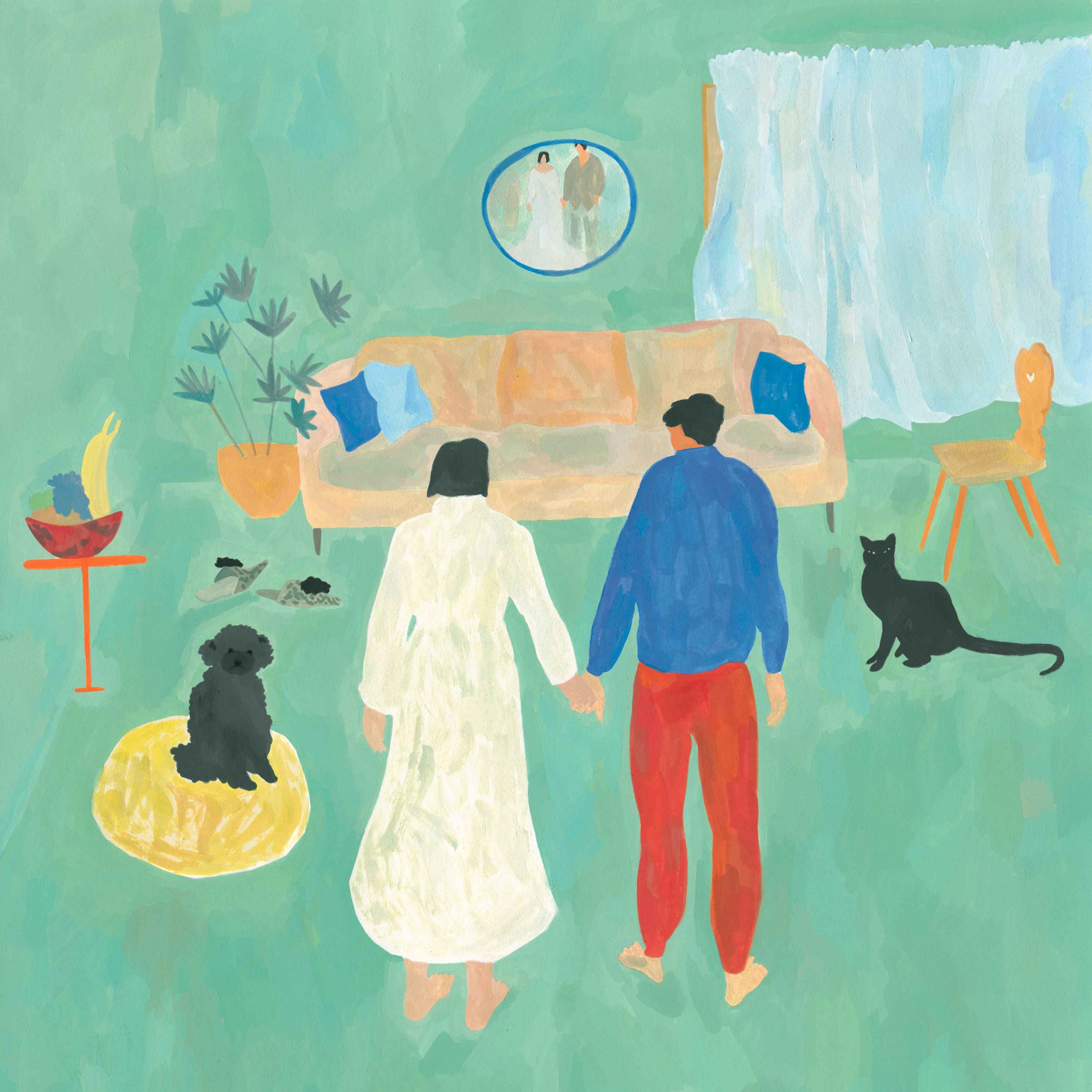 So You Want a Postnup
So You Want a PostnupNo, they’re not planning to divorce, yet more couples are facing the awkwardness of getting their marital finances in order—after they say \201cI do.\201d
By Emma Pattee Published
-
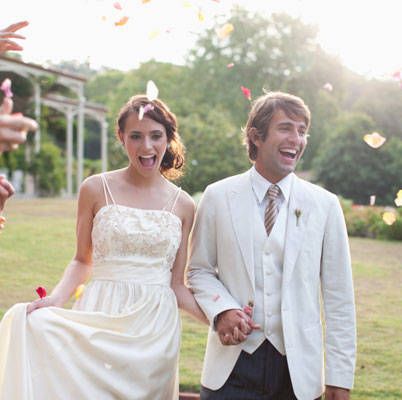 Till Debt Do Us Part
Till Debt Do Us PartWhen she married her husband, she took on his debt, too.
By Nona Willis Aronowitz Published
-
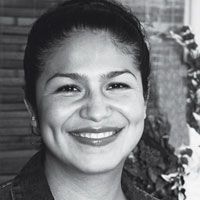 Real-World Alpha Females
Real-World Alpha FemalesWomen are outearning, outpacing, and outshining men like never before. Here, some alpha females from our Women on Top special.
By Marie Claire Published
